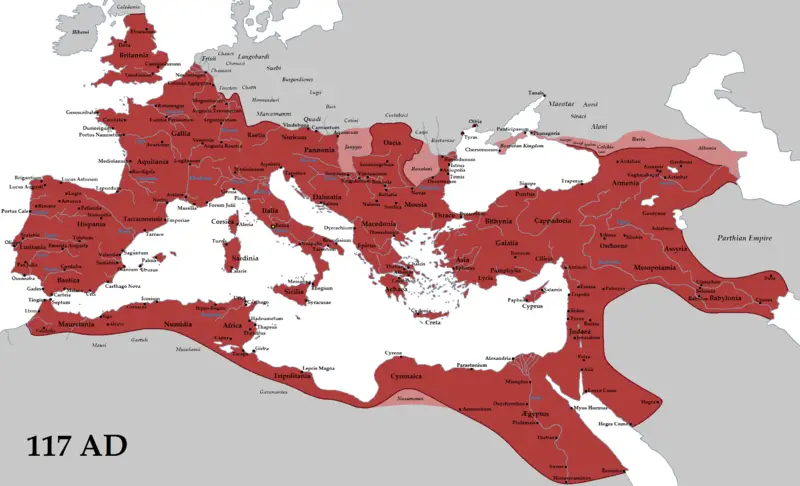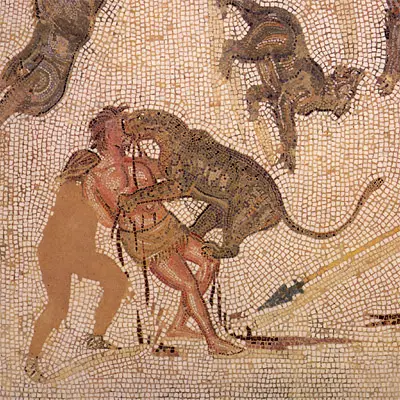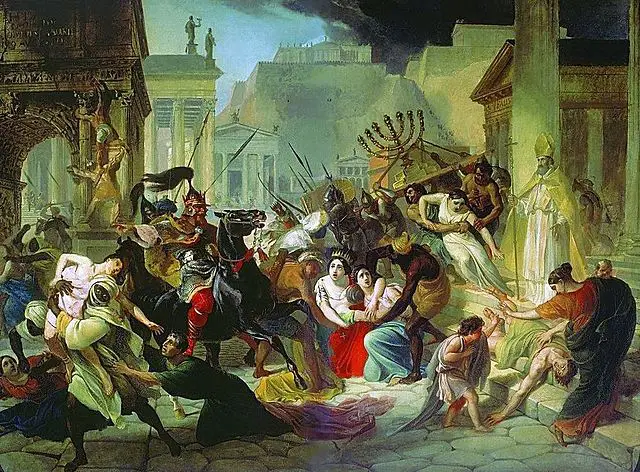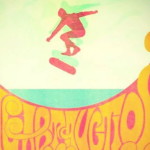Jonathan Dodd‘s latest column. Guest opinion articles do not necessarily reflect the views of the publication. Ed
Some people argue that it was plumbing that destroyed the Roman Empire. I’m not sure whether this is true or not, but I heard it long before the Internet made it possible to put any old rubbish out there and be believed as if it was truth from Above.
I was never sure where this ‘Above’ is actually located. If you look up, you’re very unlikely to see anything unusual. Things can only fall from something that’s above you, and I assume that rain and snow and the occasional chunk of something dropped from a bird or an aeroplane would just about cover it. I never received wisdom or news from up there.
Roman plumbing
Meteors are constantly hitting the atmosphere, but they’re usually very small and travelling very fast, and they burn up to ashes when they hit the first solid object they’ve encountered for an unimaginable time of flight, which happens to be our atmosphere. I guess if you’re used to travelling at constant speed in almost total vacuum, hitting even thin atmosphere would be a bit of a shock.

Anyway, to get back to the Romans (what have they ever done for us?), and more specifically, Roman plumbing. The theory I read said that they became rather good at plumbing, and spread lead pipes all over the place so people could drink clean water. Lead is now well-known to be poisonous for the mind and body.
Shuffling sideways all the way round
Nowadays we don’t allow children to play with lead toys, especially the types that can be put in the mouth and chewed, which in my own parenting memory included everything any of my children could put in their mouths, or even get their mouths around. I remember a new coffee table, and a small child, just old enough to be able to stand, hanging on to the edge and shuffling sideways all the way round, tiny tooth marks making a ragged trail in the previously pristine and shiny surface.

So the lead was supposed to have rotted the brains of the Romans, and prevented them from really caring enough when the various Huns and Goths and Visigoths and Vandals decided to push against the boundaries. I’m not sure whether this was really the root cause, although it’s possible it didn’t help.
Many fail, and few get to the top
I think there’s a pattern to all this. Some groups of people manage sometimes to organize themselves well enough to be successful, and they work hard to spread their message. It could be Empire here, or the Space Race in the Sixties, or the founders of large corporations, like IBM. They establish a corporate identity and they have a clear identity, and a pride in what they’re doing.

The problem is never while you’re climbing that hill. You can see the top, and all you have to do is keep going, whilst battling with fervor all those who seek to get in your way. Many fail, and few get to the top. Something about them helps them to a position of prominence. It might be their leadership, perhaps the cohesion of their followers, occasionally they have more resources or better technology than their competitors, or maybe just better luck.
Everyone starts to rest on their laurels
It’s exactly at this point that the rot sets in. Not visible rot, but insidious rot. Rewards are given out. Holidays are granted. Luxuries are bought or collected, the spoils are handed to those who fought well or achieved much, and everyone starts to rest on their laurels. The battle was to get to the top, and nobody wants to spend all that time and trouble turning around so they can start staving off the new groups who want to climb the same mountain.

The Romans were so successful because they originally had a creed which incorporated all the values of a successful military and trading society. They believed in themselves and their own superiority. They expected to send sons away with the army, and they expected those armies to be successful. They were used to the idea of service, to the state and to their way of life. And as in any expanding organisation, it was possible for anyone to rise in riches or power through excellence.
Bread and circuses
Somewhere down the line all this got watered down. It became possible for the young of wealthy families to stay in Rome and avoid their military service. People started to make their way in politics through bribery and corruption, and lies were peddled successfully through ownership of the means of communication. The leaders became grossly corrupt, and kept their places by offering ‘bread and circuses’ to the masses.

All of this was able to continue while the majority of people lived in reasonable comfort and were entertained by the spectacles in the amphitheatres and circuses. But the thing gradually became too top-heavy and started to wobble, and dissatisfaction slowly spread until it all fell apart and was consumed.
There have been innumerable empires
This is a lesson I think we as a species will never learn. Probably it would be counter-intuitive for us to do so anyway. Rather like bush fires, history has a way of scraping an area clean so new growth can take hold. We have many examples to look at. There have been innumerable empires in both known and unknown history. Some of them lasted a few centuries, but most were short-lived. I remember IBM being totally dominant for a while, and we had our own empire too, when the world was filled with our own products from our own companies.

England, or Great Britain, or whatever we really are, has had a great history, and there are many thing for us to be proud of. We do put up a good fight when our backs are against the wall. The efforts of our recent ancestors to fight off the approach of Fascism were extraordinary, enormously testing, and ruinous in terms of cost and resource-depletion.
They’re using up their privilege capital
We’ve managed to hang on to some vestige of greatness, but there’s the quandary for us, right there. We are split as a society. Those who have made or hung on to land or power or influence are naturally keen to keep hanging on, and new aspiring people are pushing from below. On the one side the people who have privilege have managed to stay at the top, but they’re using up their privilege capital rather than justifying their privilege by their actions.

I’m talking about the preponderance of people from privileged backgrounds, not just in the government, but elsewhere. So many of our best actors and sportspersons and entrepreneurs are also from our most privileged backgrounds. We still have a society that pays tribute to posh accents and private education and well-off families. And we still love all that. We reward success with titles, and we lap up all the pomp and circumstance that are dished out.
Nothing solid inside the ceremonial stuff
That’s all very fine and proper, except when there’s nothing solid inside the ceremonial stuff, and particularly when those who might feel slightly differently are turned on. At times of trouble we need generous and truthful and confident people to be in charge.

Confident people do not suggest that others are somehow hateful because they don’t actually sing during the National Anthem, they don’t criticize their political opponents in terms of their less-smart appearance, and they don’t rely on that thin veneer of poshness that got them there in the first place to hang on to whatever high ground they claim to represent.
We should go out and talk to them
As all public figures ought to know, and usually find out too late, that the public is a fickle beast. They’ll vote for someone who looks like a safer bet and says comforting things, and they’ll give them a chance, but when they discover a lack of truthfulness or solutions, they can turn, with remarkable speed.

And the Huns and Goths and Visigoths and Vandals are always just outside the doors. We shouldn’t be fighting among ourselves, we should go out and talk to them, while we still can.
If you have been, thank you for reading this.
Image: jsnyder under CC BY 2.0
Image: Chris 73 under CC BY 2.0
Image: lovemaegan under CC BY 2.0
Image: -heinecke- under CC BY 2.0
Image: Tataryn under CC BY 2.0
Image: Rached Msadek under CC BY 2.0
Image: Geordie Bosanko under CC BY 2.0
Image: John Pannell under CC BY 2.0
Image: SchroCat under CC BY 2.0
Image: Karl Briullov under CC BY 2.0





